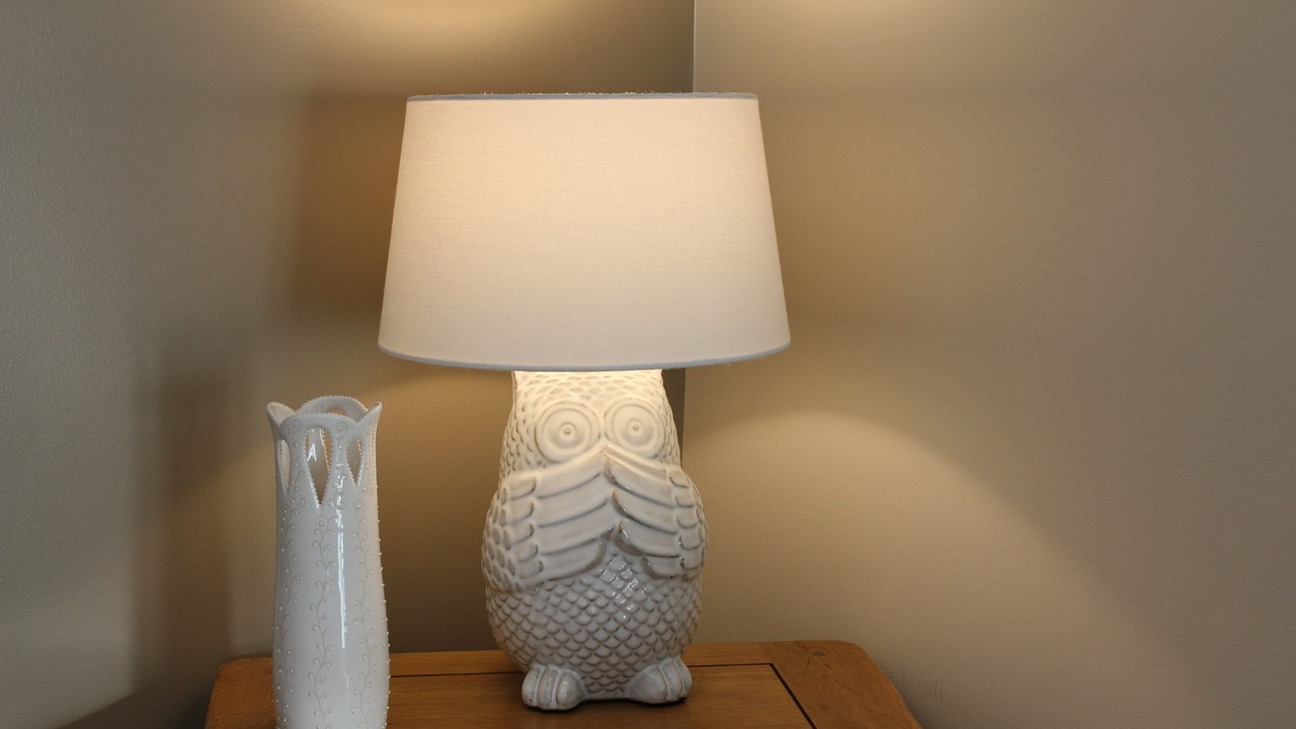Evidence Based
This article relies on solid scientific evidence, authored by experts, and thoroughly fact-checked by specialists.
Our team of licensed nutritionists and dietitians strives to maintain objectivity, impartiality, and honesty. We aim to present a fair representation of both sides of the argument.
Scientific references are included throughout this article. The numbers in parentheses (1, 2, 3) are clickable links to peer-reviewed scientific papers. These sources further support the information provided.

Sleep is essential for our health and well-being, and getting enough quality sleep is crucial for our physical and mental health. However, finding the best time to sleep and wake up can be challenging, especially with busy schedules and competing demands. In this post, we’ll explore the science of sleep and offer some tips for finding the best sleep schedule for your individual needs. Whether you’re a night owl or an early bird, understanding the factors that influence your sleep patterns can help you optimize your sleep schedule and improve the quality of your sleep. So, let’s dive in and discover the best time to sleep and wake up!
Best Sleeping Hours
While the ideal sleep schedule varies from person to person, research suggests that the best time to sleep is between 10 p.m. and 6 a.m. This is because our circadian rhythm is naturally synchronized with the cycle of light and dark, and our bodies are programmed to feel sleepy at night and awake during the day. By going to bed during the evening when it’s dark and waking up in the morning when it’s light, we can synchronize our circadian rhythm and improve the quality of our sleep.
However, this doesn’t mean that everyone should go to bed at 10 p.m. and wake up at 6 a.m. The best sleep schedule for you will depend on your individual needs and lifestyle factors. For example, if you’re a night owl and feel most alert and productive in the evening, you may benefit from going to bed later and waking up later. Similarly, if you have young children or work a night shift, you may need to adjust your sleep schedule to accommodate your daily routines.
How Our Circadian Rhythm Works
Our circadian rhythm is a 24-hour cycle that regulates our sleep-wake cycle and other physiological processes like body temperature, hormone production, and metabolism. It’s controlled by a group of cells in the brain called the suprachiasmatic nucleus (SCN), which responds to light cues from the environment to help regulate our sleep-wake cycle.
When the SCN senses light, it sends signals to other parts of the brain that control hormones like melatonin and cortisol. Melatonin is a hormone that helps us feel sleepy at night, while cortisol is a hormone that helps us feel alert in the morning. By regulating the production of these hormones, our circadian rhythm helps us stay awake and alert during the day and feel sleepy at night.
However, our circadian rhythm is not just influenced by light cues. It’s also affected by other factors like daily routines, social interactions, and environmental cues. For example, eating meals at regular times and engaging in physical activity can help regulate our circadian rhythm and improve the quality of our sleep.
Understanding how our circadian rhythm works and how it’s influenced by our daily routines and environment can help us optimize our sleep schedule and improve the quality of our sleep. By paying attention to our body’s cues and creating a consistent sleep routine, we can synchronize our circadian rhythm and improve the quality of our sleep.
How Much Sleep Do We Need?
The amount of sleep we need varies depending on our age, with infants and children requiring more sleep than adults. Here are the recommended sleep durations by age group (1
Centers for Disease Control and Prevention
Trusted online resource about health, diseases, and public health initiatives. Institutes of Health
Go to source ):
- Newborns (0-3 months): 14-17 hours
- Infants (4-11 months): 12-15 hours
- Toddlers (1-2 years): 11-14 hours
- Preschoolers (3-5 years): 10-13 hours
- School-age children (6-13 years): 9-11 hours
- Teenagers (14-17 years): 8-10 hours
- Adults (18+ years): 7-9 hours
It’s important to note that these are just general guidelines, and the amount of sleep you need may vary depending on your individual needs and lifestyle factors. For example, if you’re recovering from an illness or engaging in intense physical activity, you may need more sleep than usual.
In addition to the amount of sleep, the quality of your sleep is also important. Factors like sleep environment, sleep disorders, and stress can all affect the quality of your sleep, even if you’re getting the recommended amount of sleep.
Side Effects of Not Getting Enough Sleep
Not getting enough quality sleep can have a significant impact on your physical and mental health. Here are some of the side effects of not getting enough sleep:
- Impaired cognitive function: Lack of sleep can impair cognitive function, including attention, concentration, and decision-making. This can affect your work performance, school performance, and daily activities.
- Mood disturbances: Sleep deprivation can also affect your mood, leading to irritability, anxiety, and depression.
- Weight gain: Lack of sleep has been linked to weight gain and obesity. This is because sleep deprivation can affect hormones that regulate appetite and metabolism, leading to increased hunger and decreased energy expenditure.
- Increased risk of chronic diseases: Chronic sleep deprivation has been linked to an increased risk of chronic diseases like diabetes, cardiovascular disease, and cancer.
- Impaired immune function: Lack of sleep can impair immune function, making you more susceptible to infections and illnesses.
These are just a few of the side effects of not getting enough quality sleep. If you’re experiencing any of these symptoms, it’s important to talk to your healthcare provider. They can help you identify any underlying issues that may be affecting your sleep and recommend strategies for improving the quality of your sleep. By prioritizing your sleep habits and making them a priority in your daily routine, you can improve the quality of your sleep and boost your overall health and well-being.
Side Effects of Getting Too Much Sleep
While not getting enough sleep can have negative effects on your health, getting too much sleep can also be problematic. Here are some of the side effects of getting too much sleep:
- Daytime sleepiness: Sleeping for too long can lead to daytime sleepiness and fatigue, which can affect your work performance, school performance, and daily activities.
- Impaired cognitive function: Like sleep deprivation, oversleeping can also impair cognitive function, including attention, concentration, and decision-making.
- Mood disturbances: Oversleeping can also affect your mood, leading to feelings of depression, anxiety, and irritability.
- Increased risk of chronic diseases: Chronic oversleeping has been linked to an increased risk of chronic diseases like diabetes, cardiovascular disease, and obesity.
- Back pain: Sleeping for too long can also lead to back pain and other musculoskeletal issues.
It’s important to note that these side effects are typically associated with chronic oversleeping and not occasional bouts of sleeping in. If you’re consistently sleeping for more than 9-10 hours per night and experiencing these symptoms, it’s important to talk to your healthcare provider.
When Should I Go to Sleep?
The best time to go to sleep depends on the time you need to wake up and the amount of sleep you need. As we’ve mentioned earlier, adults typically need 7-9 hours of sleep per night, while children and teenagers need more.
To determine the best time to go to sleep, you can work backward from your wake-up time. For example, if you need to wake up at 6 a.m. and require 8 hours of sleep, you should aim to go to bed around 10 p.m. If you need to wake up at 7 a.m. and require 7 hours of sleep, you should aim to go to bed around 11 p.m.
It’s important to remember that these are just general guidelines, and the best time to go to sleep may vary depending on your individual needs and lifestyle factors. For example, if you’re a night owl and feel most alert and productive in the evening, you may benefit from going to bed later and waking up later. Similarly, if you have young children or work a night shift, you may need to adjust your sleep schedule to accommodate your daily routines.
Ultimately, the best way to determine the best time to go to sleep is to experiment and pay attention to your body’s cues. Try different sleep durations and bedtimes to find the schedule that works best for you and helps you feel rested and energized throughout the day. Remember, getting enough quality sleep is crucial for your overall health and well-being, so prioritize your sleep habits and make them a priority in your daily routine.
Takeaway
Getting enough quality sleep is essential for our physical and mental health, and finding the best sleep schedule for your individual needs can be a game-changer. By understanding the science of sleep and paying attention to your body’s cues, you can optimize your sleep schedule and improve the quality of your sleep.
How we reviewed this article:
HISTORY
Our experts continually monitor the health and wellness space, and we update our articles when new information becomes available.




